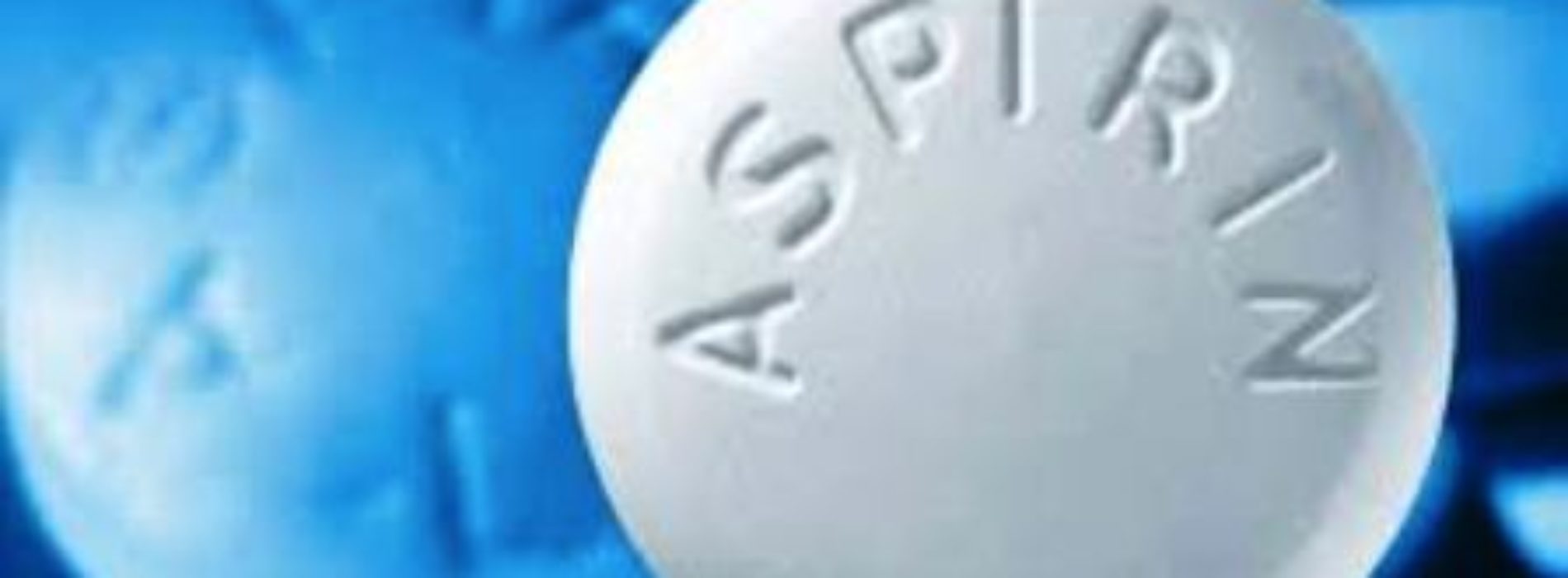Aspirin may halve air pollution harms
A new study has revealed evidence that nonsteroidal anti-inflammatory drugs (NSAIDs) like aspirin may lessen the adverse effects of air pollution exposure on lung function.
This findings were published in a recent edition of the American Journal of Respiratory and Critical Care Medicine by researchers from the Columbia Mailman School of Public Health, Harvard Chan School of Public Health, Boston University School of Medicine.
The researchers analyzed a subset of data collected from a cohort of 2,280 male veterans from the greater Boston area who were given tests to determine their lung function. The average age of participants was 73 years.
The researchers examined the relationship between test results, self-reported NSAID use, and ambient particulate matter (PM) and black carbon in the month preceding the test, while accounting for a variety of factors, including the health status of the subject and whether or not he was a smoker.
They found that the use of any NSAID nearly halved of the effect of PM on lung function, with the association consistent across all four weekly air pollution measurements from same-day to 28 days prior to the lung function test.
Because most of the people in the study cohort who took NSAIDs used aspirin, the researchers say the modifying effect they observed was mainly from aspirin, but add that effects of non-aspirin NSAIDs are worthy of further exploration. While the mechanism is unknown, the researchers speculate that NSAIDs mitigate inflammation brought about by air pollution.
“Our findings suggest that aspirin and other NSAIDs may protect the lungs from short-term spikes in air pollution,” says first and corresponding author Xu Gao, PhD, a post-doctoral research scientist in the Department of Environmental Health Sciences at the Columbia Mailman School. “Of course, it is still important to minimize our exposure to air pollution, which is linked to a host of adverse health effects, from cancer to cardiovascular disease.”
“While environmental policies have made considerable progress toward reducing our overall exposure to air pollution, even in places with low levels of air pollution, short-term spikes are still commonplace,” says senior author Andrea Baccarelli, MD, PhD, chair of the Department of Environmental Health Sciences at the Columbia Mailman School. “For this reason, it is important to identify means to minimize those harms.”
An earlier study by Baccarelli found that B vitamins may also play a role in reducing the health impact of air pollution.
Source: Science Daily
About author
You might also like
Worldwide switch to bivalent oral polio vaccine begins on Sunday
The trivalent oral polio vaccine has been instrumental in the near-eradication of the disease worldwide, but the vaccine still has some challenges that can be addressed by switching to a
May & Baker goes natural
Launches herbal products May & Baker Nig. Plc., Nigeria’s first pharmaceutical company, opened a new chapter in its operation in the country last week, with the launch of a new
Johnson & Johnson recalls baby powder as asbestos trace is discovered in one bottle
World’s largest healthcare company, Johnson & Johnson on Friday, (October 18) recalled a single batch of its baby powder as a precaution after government testing found trace amounts of asbestos







1 Comment
Ankit
April 14, 10:20